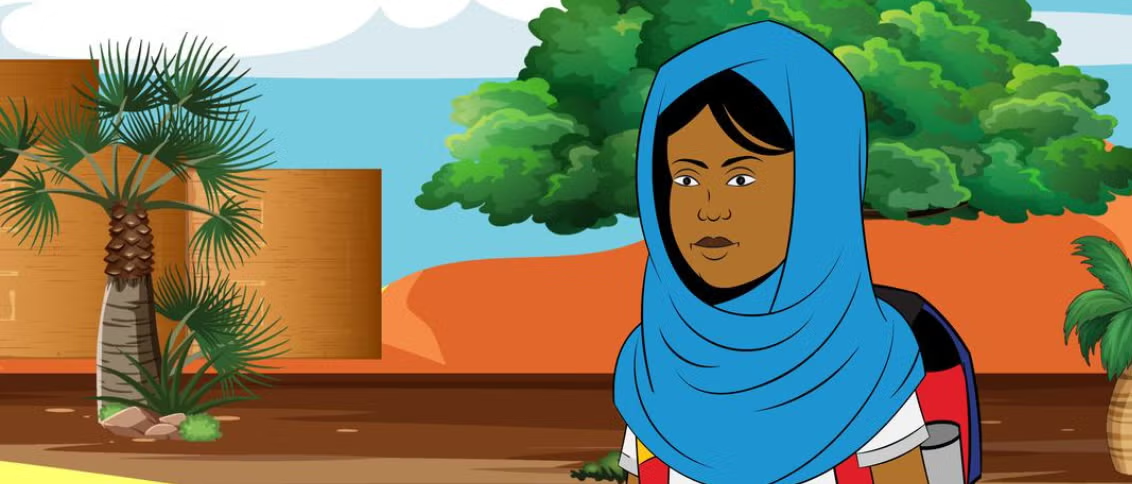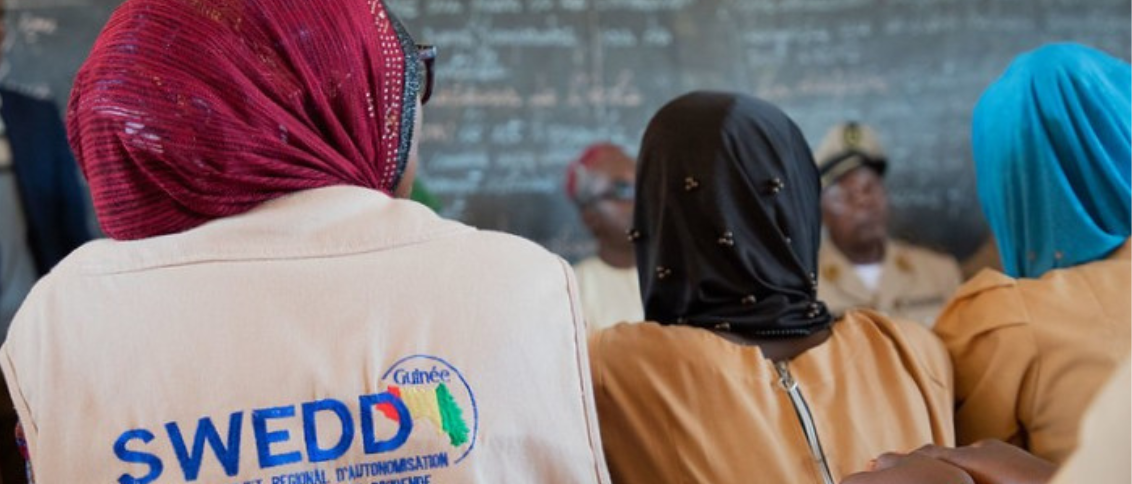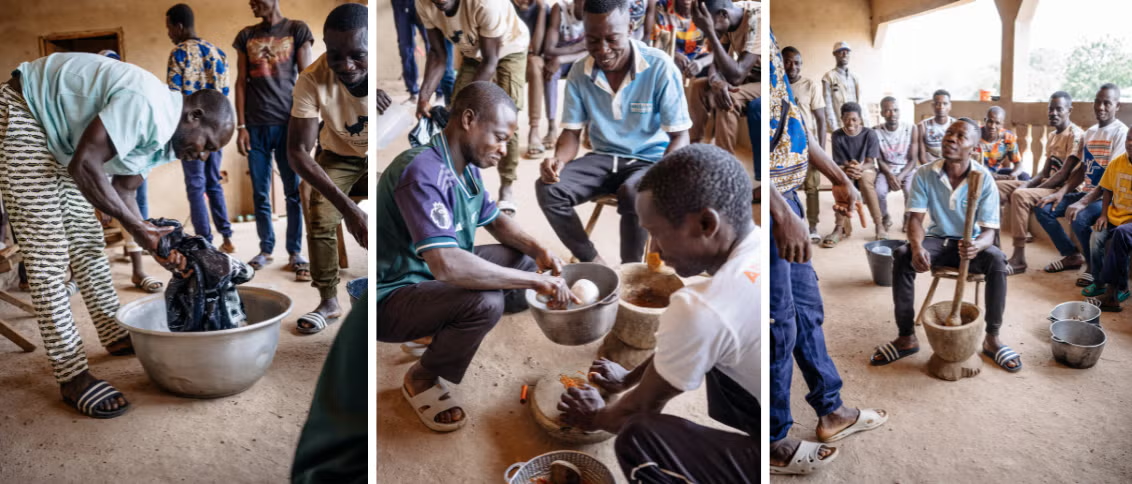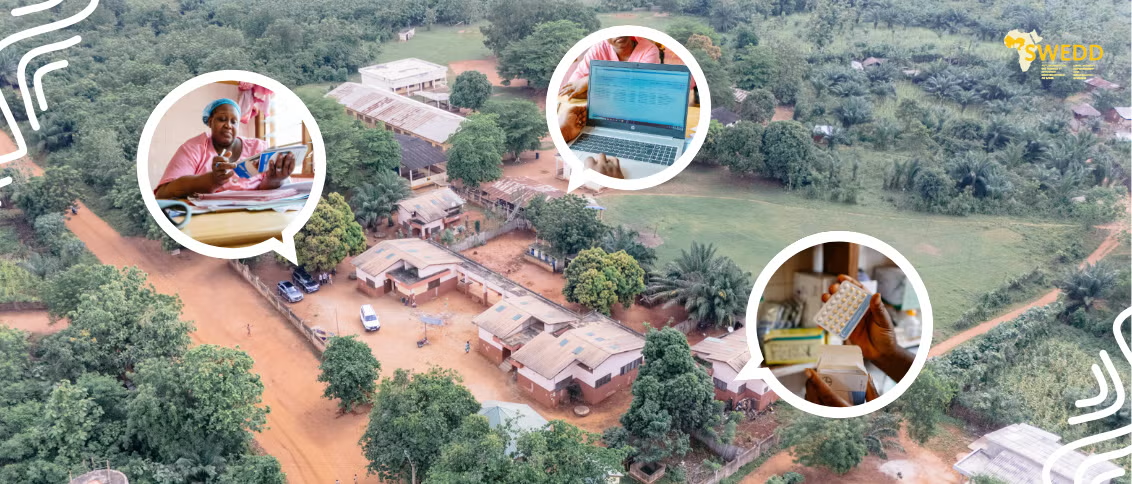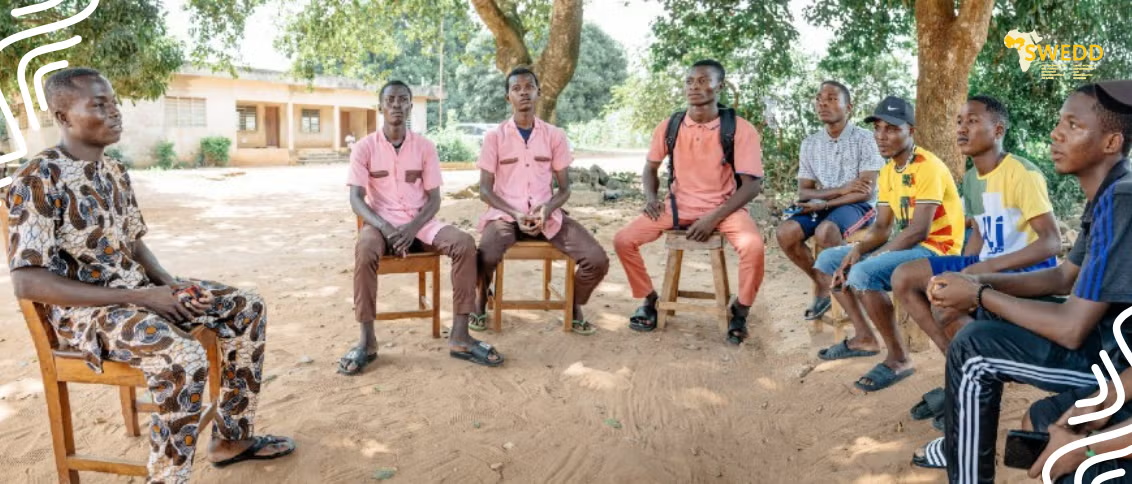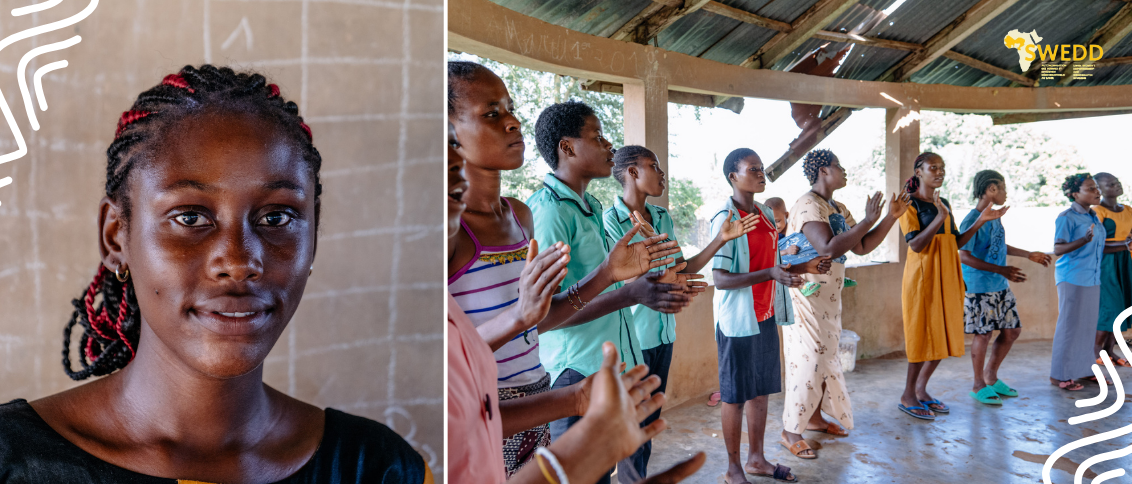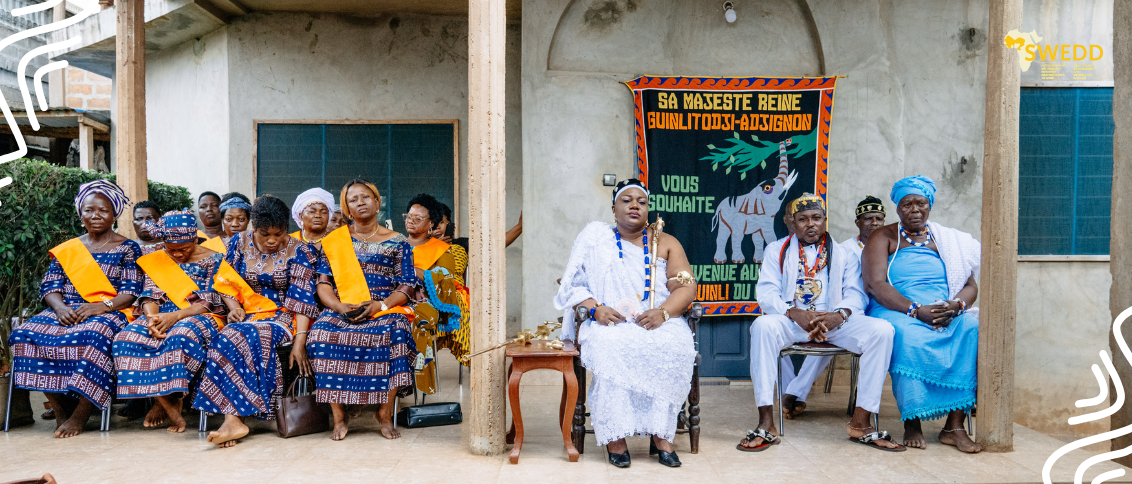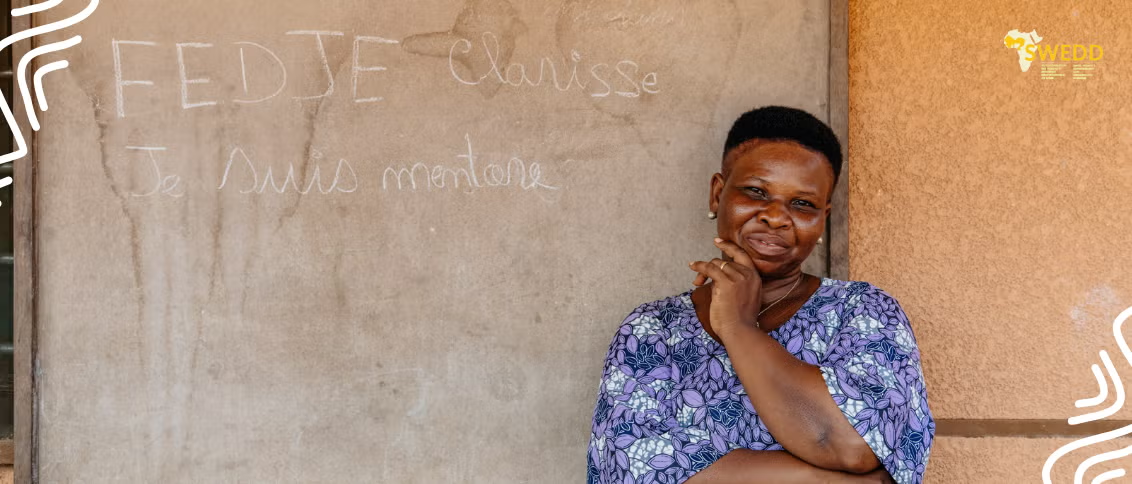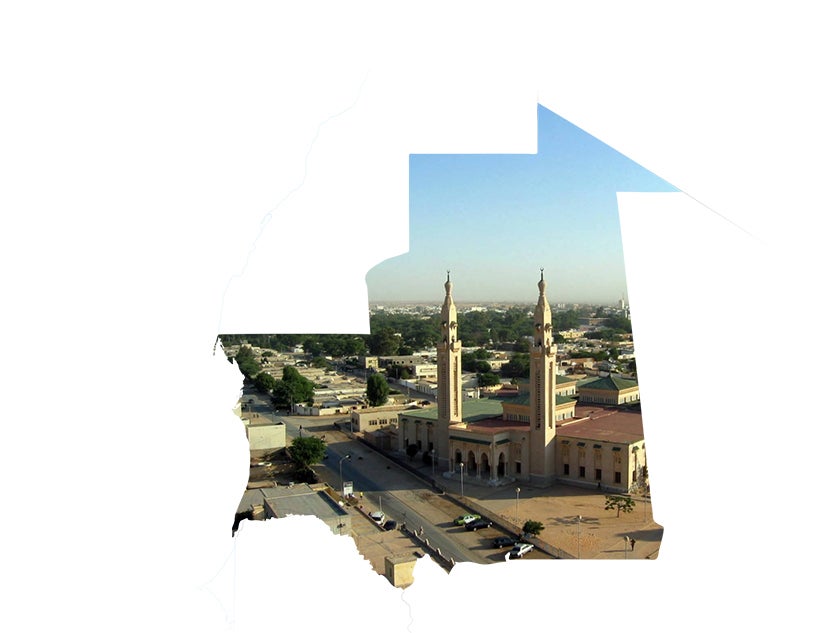
Mauritania
« Girls are more aware of their rights now than before » - Oum Koulthoum Tolba, Coordinator of a Safe Space. Find out more
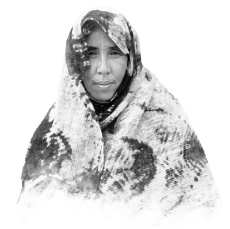
Overview
With 80% of its territory desert, Mauritania has experienced frequent droughts for more than 30 years, leading to a rural exodus and rapid urbanisation. With 67% of the population living less than five kilometres from a health centre or post, access to and use of essential health products and services remain very inadequate. The rate of use of modern contraceptives is only 5%. However, notable progress has been made in development areas such as education. Mauritania has the highest literacy rate for girls of the 6 pioneer countries in the initiative, at 66%. The country also has the best human development ranking out of 188 countries. Mauritania has improved the legal and social status of women, but this is still precarious, limiting their decision-making in matters of reproductive health. The country is ranked 142 on the Gender Inequality Index.
Key facts & figures
Projets
Promoting a change in attitudes, making reproductive health products and services more accessible and raising awareness of demographic dividend issues among political decision-makers
Many factors affect the health of women and girls, such as harmful socio-cultural practices, female genital mutilation, early marriage, levirate and clandestine abortions.



